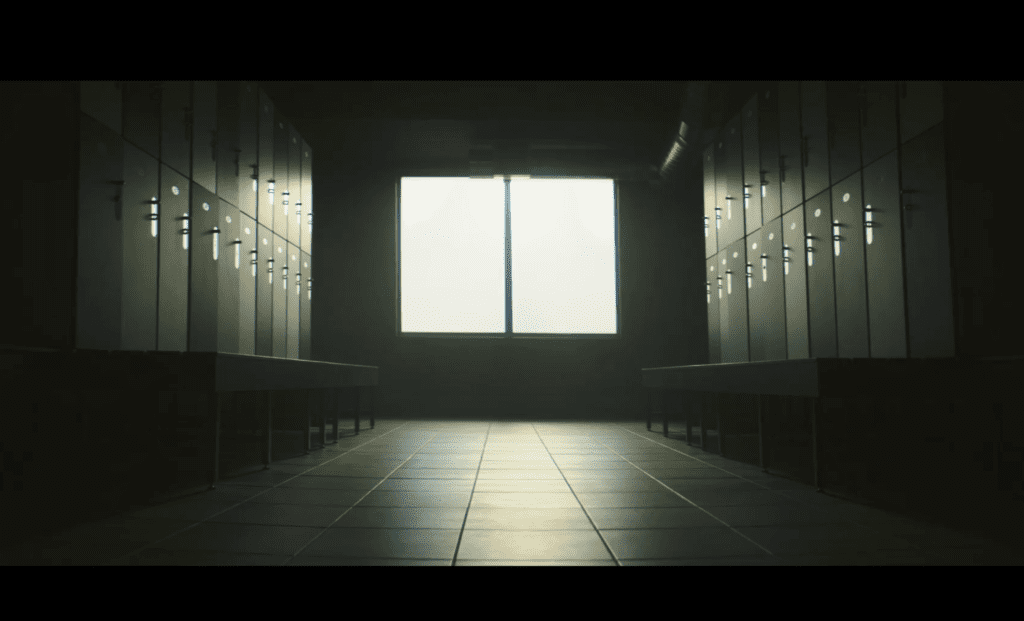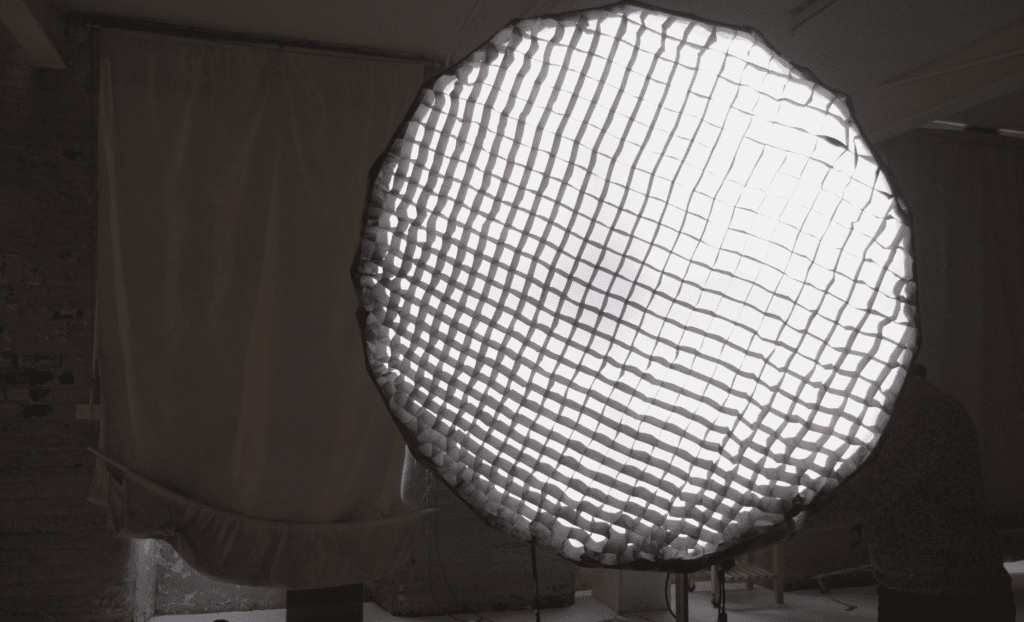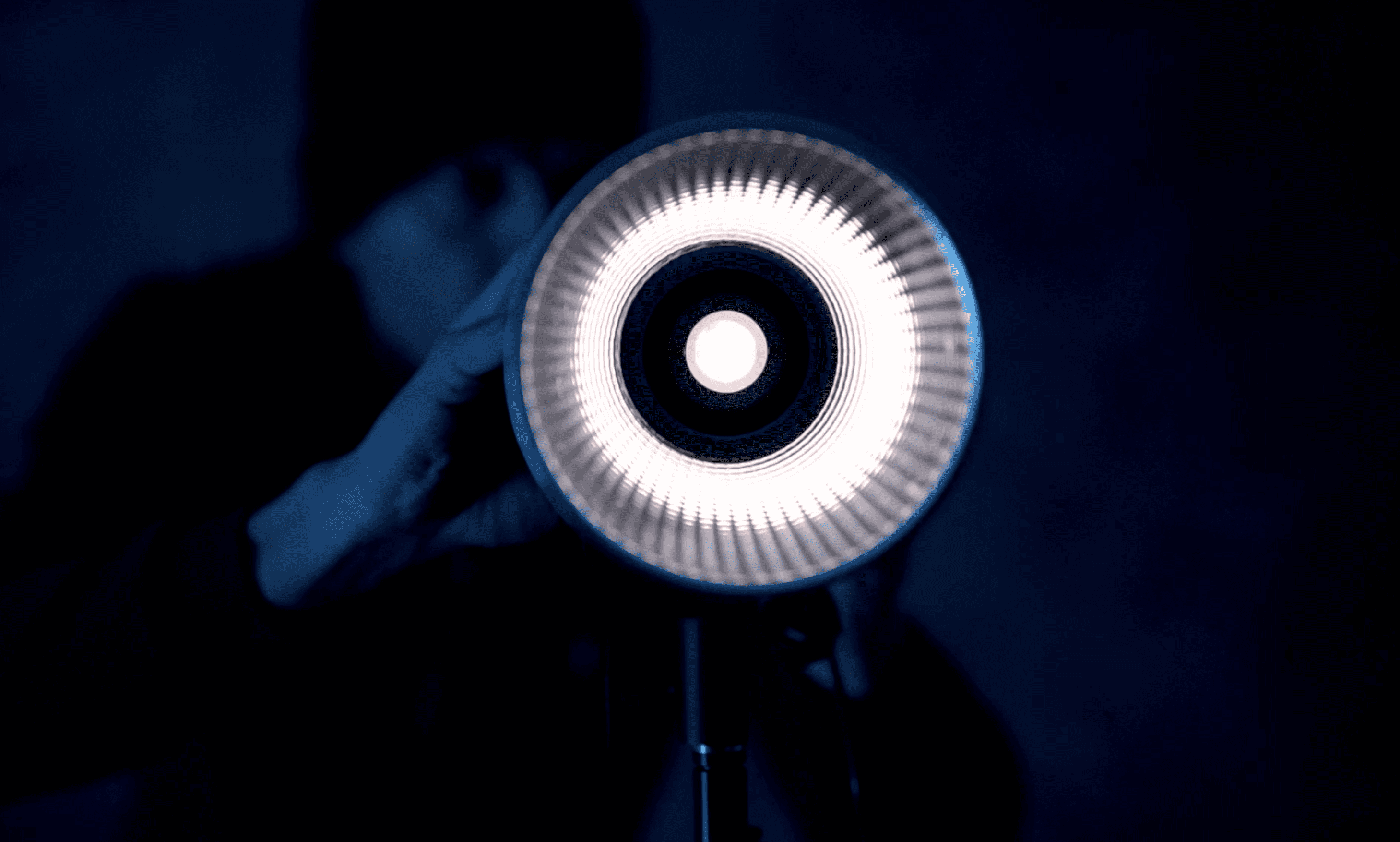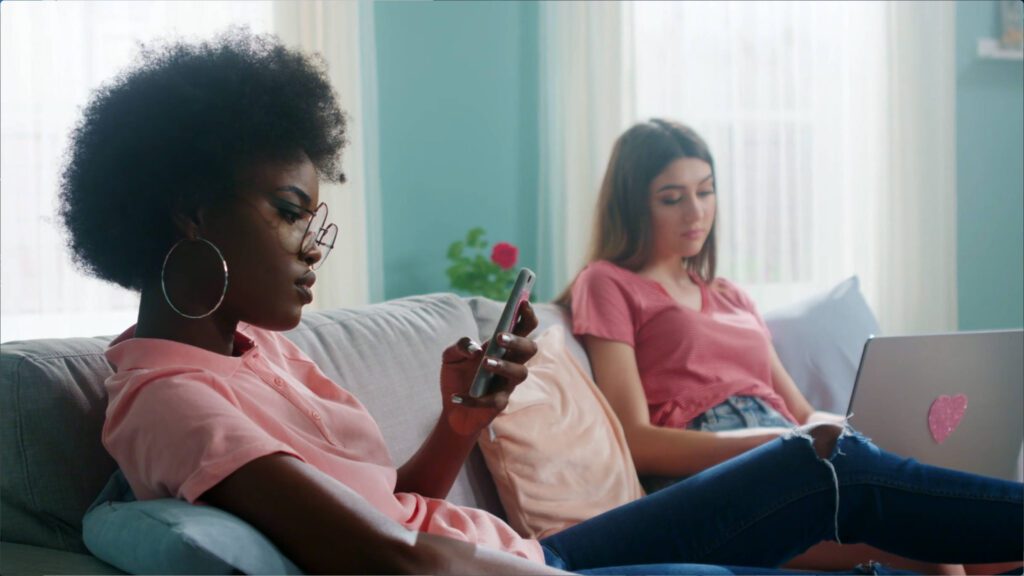Lighting for video production during winter in the UK can be a challenging task. With limited daylight hours and overcast skies, achieving the perfect setup requires strategic planning and the right tools. Whether you’re battling low natural light or working in unpredictable weather, these tips will help you create a professional lighting environment for your video shoots.

1. Harness Artificial Lighting
When natural light is scarce, artificial lighting becomes essential in video production. Here’s how to make the most of it:
- LED Panels: Portable and energy-efficient, LED panels are ideal for simulating daylight and adjusting brightness as needed.
- Softboxes: Diffuse harsh light to minimise shadows and create a softer, more natural look.
- Ring Lights: Excellent for close-ups or interviews, providing even illumination with minimal shadowing.
2. Reflect and Diffuse Light
Reflectors and diffusers are key tools for managing lighting in video production.
- Reflectors: Use silver or gold reflectors to bounce light and fill in shadows effectively. Gold reflectors add warmth, while silver ones enhance brightness without altering colour temperature.
- Diffusers: Soften harsh light for a balanced, professional finish.

3. Optimise Camera Settings for Low Light
In challenging lighting conditions, your camera settings can make all the difference:
- ISO Settings: Increase ISO cautiously to brighten your image without introducing excessive noise.
- Aperture: Open up the aperture to let in more light, achieving a cinematic depth of field.
- Shutter Speed: Slower shutter speeds can brighten shots but should be used carefully to avoid motion blur.
4. Utilise Practical Lighting Sources
Make use of ambient lighting available in your environment:
- Indoor Lighting: Table lamps or fairy lights add warmth and visual interest.
- Outdoor Lighting: Streetlights or shop windows can provide atmospheric backdrops for winter shoots.
5. Plan Around Natural Light
Despite shorter daylight hours, natural light can still be a valuable resource. Schedule your shoots around the “golden hour” for soft, flattering light, or use midday light for brighter scenes, even on cloudy days.
6. Enhance Your Setup with Gels and Filters
Colour gels and neutral density (ND) filters are essential tools for controlling and customising your lighting:
- Gels: Balance colour temperatures or create artistic effects to enhance your visuals.
- ND Filters: Manage exposure in varying light conditions without altering the colours.
7. Stay Mobile with Portable Power Solutions
For outdoor shoots, invest in battery-powered LED lights or portable generators to ensure uninterrupted lighting. Rechargeable options offer convenience for on-the-go production.
8. Weatherproof Your Gear
Winter conditions can be harsh on your equipment. Use weather-resistant lighting fixtures and protective covers to keep your gear safe from moisture and cold. Always carry backups for peace of mind during shoots.
Creating the perfect lighting for video production during the winter months in the UK requires a combination of technical skill and creativity. By investing in the right equipment and planning your shoots strategically, you can overcome low-light challenges and produce exceptional content.
Looking for professional support to elevate your video projects this winter? Lumira Studio is here to help you bring your vision to life, no matter the weather. Get in touch today to explore our bespoke video production services.





